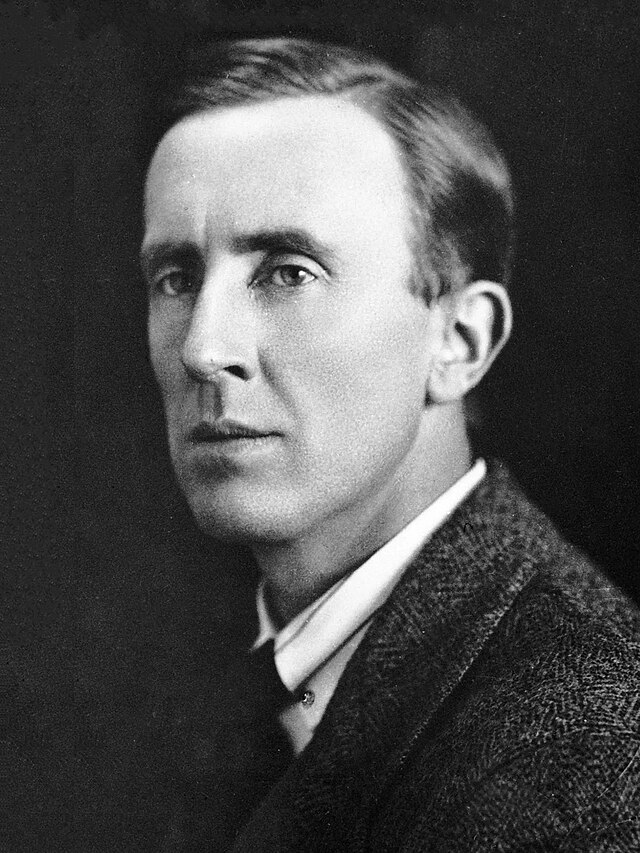
And here we are. Autumn. A beautiful season, of which I’ve never been very fond. Because – in spite of its initial glorious beauty – it always degenerates into winter, getting colder and darker and more monochrome as the days pass. It’s like an annual reminder of aging and…
No, no, no. Let us not go there. Normal people like autumn. Or fall. (In Norwegian they call it høst, which means harvest.) Why should I rain on their colored leaves?
Viking season is over, anyway. Don’t get me wrong, I like Viking season. The string of reenactment events, slightly different every summer, in which I set up my Viking tent and sell my literary works. The Mankato event capped off a pretty heavy October – from Minot to Green Bay, to Moorhead (not a Viking thing, but a not insignificant drive), and then Mankato. I like it, but it gets harder every year. I’m ready to have my weekends back – not that I get to rest on Saturdays. It’s prime time for writing and translating. But at least I’ll be off the road.
So, back to the regular routine. Working on novels in the early morning. Working on the Norwegian heritage magazine I edit in the later morning. Translation in the afternoons and evenings.
I listen to music when novel writing, but for the other stuff I need old TV. For some reason. Sometimes I like to have old movies on (mostly black and white mysteries), but it’s nice to find a TV series I can binge. Just the right level of distraction if I want it, and ignore-ability if I don’t. I found “Newhart” on Amazon Prime. Just the thing.
Note that I’m talking about “Newhart,” where Bob runs an inn in Vermont, not “The Bob Newhart Show” where he was a psychologist in Chicago. For some reason I never like “TBNS.” I suspect I’m too neurotic to enjoy jokes about neurotics. “Newhart” is just surreal, and no threat even to me.
Currently I’m still in the first season, where the show hasn’t found its footing yet. I personally loved that first season – I liked the character of Kirk, the café owner, who had an honesty problem: “I’m a habitual liar… No, that’s not true.”
And I liked the character of Leslie Vanderkellen, the rich girl they hired as the maid, for some reason. She was played by a very attractive actress named Jennifer Holmes. In the second season, the producers decided to go full Salvadore Dali, replacing Kirk with Larry, Darrel, and Darrel. And Leslie with Julia Duffy as Stephanie, the rich girl with no working skills whatever. It all became increasingly bizarre, and funny on a new level. It worked, I’ll admit, and I relished it.
But I always felt sorry for Jennifer Holmes. She did nothing wrong. She was great in the part they wrote for her. And then they dumped her for a new concept. She’s still working as an actress, according to IMDb, but her career since has been fairly obscure.
It occurs to me that – essentially – they turned the show into a version of “Green Acres.” Which I always hated. (Because, I think, I was self-conscious, as a country boy, about seeing country people caricatured.) But I love “Newhart.”
I’m not sure why.
No, wait. I think it might have something to do with Mary Frann.







